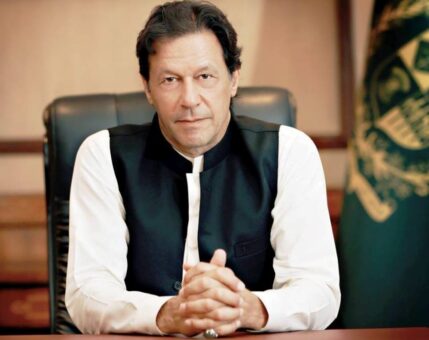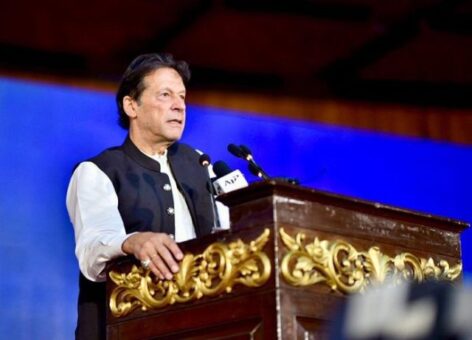ISLAMABAD: Pakistan’s trade deficit has widened to around $32 billion in first eight months (July – February) 2021/2022 8MFY22, according to official data released on Wednesday.
The trade deficit widened by 82.26 per cent during the period under review as compared with the deficit of $17.53 billion in the corresponding period of the last fiscal year, showed the data released by Pakistan Bureau of Statistics (PBS).
READ MORE: Pakistan’s trade deficit widens by 92% in seven months
The country’s exports registered an increase of 26 per cent to $20.55 billion during first eight months of the current fiscal year as compared with $16.32 billion in the same period of the last fiscal year.
The import bill surged by 55 per cent to $52.5 billion during July – February 2021/2022 as compared with $33.86 billion in the corresponding period of the last fiscal year.
READ MORE: Pakistan’s trade deficit swells by 100% in 1HFY22
The trade deficit ballooned by 22 per cent to $3.1 billion in February 2022 as compared with the deficit of $2.53 billion in the same month of the last year.
The exports during the month of February 2022 recorded a sharp increase of 36 per cent to $2.81 billion as compared with $2.07 billion in the same month of the last year.
READ MORE: Pakistan’s trade deficit widens by 112% to $20.59 billion
The import bill registered an increase of 28.3 per cent to $5.9 billion in February 2022 as compared with $4.6 billion in the same month of the last year.
READ MORE: Pakistan’s import bill surges by 65% in four months









